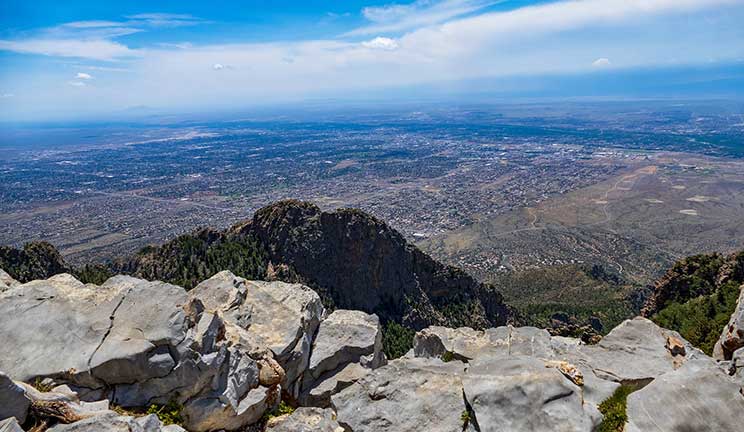Where: Pueblo de Cochiti, New Mexico
Problem: Many Native American entrepreneurs in New Mexico struggle to launch and sustain businesses in their own communities, which often face persistent poverty.
Solution: RCAC launched the Native American Business Development: A Journey (NABDAJ) workshop series for Native American entrepreneurs
During 2019, RCAC provided the Native American Business Development: A Journey (NABDAJ) training to 21 Tribal entrepreneurs from Isleta Pueblo, Pueblo of Cochiti and Acoma Pueblo in New Mexico. A William K. Kellogg Foundation grant funded NABDAJ. The four-month training, consisted of group classes and one-on-one technical assistance, which concluded with 18 graduates.
The eight-workshop series assessed the entrepreneurs’ strengths and challenges, evaluated their business ideas, developed business plans, which included addressing legal structure, location, pricing strategy, budgeting, financial projections and loan qualifications.
Following the training, RCAC provided one-on-one technical assistance to four graduates to update their business plans, including assisting two of the four entrepreneurs to prepare and apply for business loans. The four graduates that received one-on-one assistance included two from Pueblo de Cochiti, one from Acoma Pueblo and one from Isleta Pueblo.
Due to COVID-19 impacts, business enterprises and Tribal governments started closing in March 2020. RCAC staff continued working with the four businesses despite the closures. One of the Pueblo de Cochiti entrepreneurs (Garcia Motors) completed updates to his business plan and submitted two loan applications to First SW Community Fund (FSWCF). FSWCF approved the entrepreneur’s application for an initial $10,000 loan. FSWCF then approved an additional $2,000 loan to address a crack in the auto shop’s concrete floor. In addition, RCAC assisted Garcia Motors to apply for a $6,778 Paycheck Protection Program loan. Garcia Motors was a particular standout among NABDAJ graduates, and in June 2020 the National Rural Rise Conference asked the owner to share his experience with attendees.
Additionally, RCAC is working with three entrepreneurs to update business plans in response to changes in the marketplace and to address travel restrictions and pueblo closures due to COVID-19. These businesses include a food truck, traditional Native American clothing and specialty jewelry businesses.

